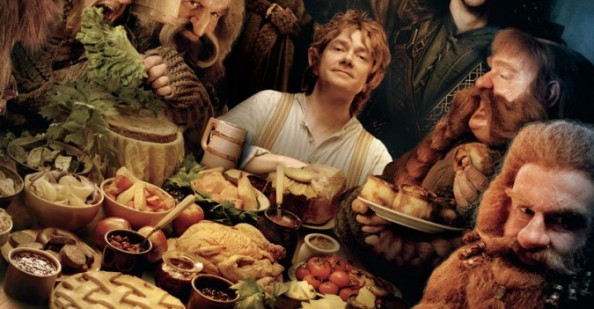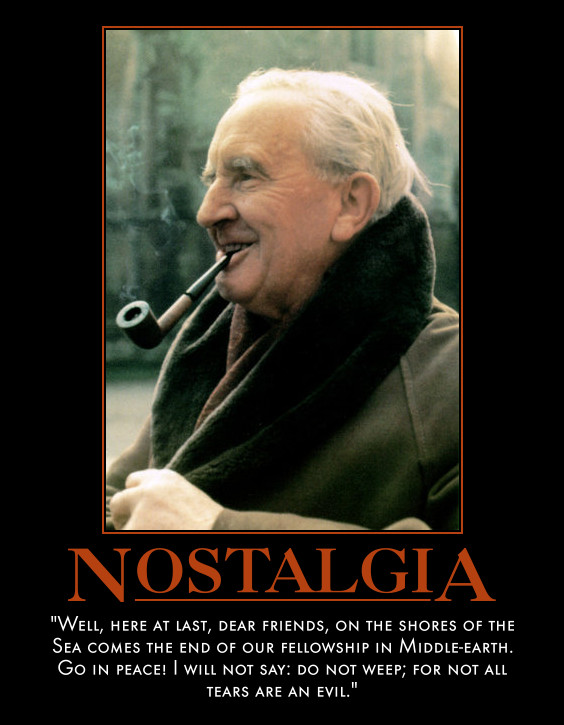David Russell Mosley

Lent
25 February 2016
The Edge of Elfland
Hudson, New Hampshire
Dear Friends and Family,
Writing to you about food, and not about fasting, feels a bit odd during this Lenten season. However, it is always important to remember that Christianity is primarily a feasting religion which fasts to remind us that we depend on God, not food, for our existence. Nevertheless, today I have read two excellent articles on food that I thought I would share with you, with a little commentary.
The first article I read today came from The American Conservative, an excellent news and opinion source, in my personal opinion. Here author Gracy Olmstead writes an article entitled “Why Cooking Matters.” Olmstead is looking primarily at the work of author Michael Pollan––author of such works as The Omnivores Dilemma and Cooked––to see what importance cooking, even spending much of our time in the cultivation (or hunting) and preparation of the food we eat. For Pollan it is not only good but necessary that we begin to return to older methods of food cultivation and preparation. Failure to do so will result in loss of traditions which will in turn lead to loss of a proper connection to the land.
There are are critics of Pollan, however. Olmstead notes that of New York Times’s Neil Genzlinger who argues that Pollan’s views are too gentrified, unavailable to poor. Olmstead responds that the problem has less to do with this not being available to the poor for financial reasons “but, rather, because we’ve largely lost the skills associated with this work.” Now here I do think Olmstead and Pollan are overlooking the fact that much of this may not be available to those who have to work three full-time jobs just to make ends meet. Rather than the handwringing of Genzlinger, however, I would argue that this is reason enough to fight for political changes to make it easier for the poor among us to have access to good, healthy food and the means to cultivate and prepare it. This may also require re-education and new habits to be formed. We have been so habituated to the processed that for many the organic tastes bad. It took me a long time to love the flavor of organic vegetables or even grass fed beef. Nevertheless, I think these things worth our time.
The second article I read was an older article from The Distributist Review by Robert Hutchinson entitled, “How to Eat like a Hobbit.” Hutchinson begins by reminding us of the importance of food in Tolkien’s work. Hutchinson notes, that, “there is more eating than fighting in The Lord of the Rings.” And many are often either driven mad, or to laughter, by how often Bilbo is pining after bacon and his larder in The Hobbit. Hutchinson notes that unlike our industrialized farming of today, hobbits and the other free folk of Middle-earth benefit from what can only be called organic small farms (albeit there were no pesticides in the third age so to call the farms organic is certainly anachronistic on my part). Not everyone was a farmer, but what farmers there were were the primary source of food in the local economies. This Hutchinson sees as a good, and I agree.
Hutchinson then transitions his article from hobbits to our own situation. He notes that even when we see numerous brands on the grocery store shelves many, if not all, of them come from the same farms, are packaged in the same factories, and are distributed by the same distributors. “[B]y some estimates,” Hutchinson writes, “just four companies now produce 90% of the food consumed in the United States: Cargill, Tyson Foods, General Mills and Kraft.” This is not a good, says Hutchinson. This leads to bad growing practices, to a desire for uniformity which causes sellers and growers to use artificial means to keep their food “looking nice” when they hit grocery store shelves. Hutchinson, however, is not content simply to detail the woes, but offers real solutions we can take as individuals, families, and local communities. I will reproduce those in full here:
“1. Go organic. Whenever possible, begin buying organic food, especially when it comes to meat and dairy products. Organic products are more expensive so every family and individual has to adjust their purchases for their own economic situation. Many people believe that, for health reasons, switching to organic, free-range meats and dairy is more important than organic vegetables because of the use of growth hormones and antibiotics in meat and dairy.
2. Buy local only. Almost every town and city in North America and Europe hosts farmer’s markets where the few remaining family and small farms come to sell locally grown produce. There are now also hundreds of websites where you can quickly and easily identify stores in your area that sell locally grown produce.
3. Eat in season. This is the hardest step of all to take. That’s because globalization means that consumers in prosperous nations have gotten used to eating whatever they want, whenever they want it, regardless of the season. But again, convenience comes at a high cost: the fruits you buy in January are picked unripe and artificially ripened with ethylene gas or calcium carbide (yum, yum!). Buying foods in season, however, has the effect of encouraging a far more diverse diet than would otherwise be the case: apricots in April, cherries in May, blueberries and raspberries in June.
4. Start your own garden. One reason to start your own garden is because it sensitizes you to what you’re missing by eating only mass-produced industrial food. Anyone who has ever tasted a homegrown heirloom tomato grown on the vine has trouble going back to the tasteless, “pre-ripened,” dyed-red globules sold in most supermarkets. Even if you only have a few green pepper plants sprouting on your balcony in your high-rise apartment, it is a vivid reminder of the Shire and why you should go out of your way to find “Hobbit-grown” foods whenever you can.
5. Join the Urban Chicken movement. Thousands of families in urban and suburban settings have set up small chicken coops in their back yards, sometimes disguised as children’s playhouses. The fun of growing chickens is heightened by getting dozens of “farm fresh,” organically produced, nutritious eggs.
6. Eat less meat. Hobbits are not vegetarians and neither are most human beings. Yet their favourite foods are grown in the wild, particularly mushrooms. Many people are finding that a return to the so-called “paleolithic diet,” the diet of our hunter-gather ancestors, can result in surprising health benefits and even weight loss. This is a diet made up primarily of fruits and vegetables with occasional lean meat dishes.
7. Lobby for labeling. The industrial food lobby, aided by most national governments, has fought tooth and nail against food labelling requirements. The Big Food lobby has been especially fierce in its opposition to labels for Genetically Modified (GM) foods since so many consumer food products today now contain genetically altered plants, such as corn. It is also opposed to mandatory labelling for products that contain growth hormones, antibiotics, pesticides and so on. That’s because the food industry does not want consumers “voting with their pocketbooks” and choosing organic foods that do not contain these chemical additives.”
While not every individual or family will be able to do all of these at once, I do want to encourage you to do what you can. I said at the beginning that writing about food during Lent felt odd. However, there is at least one upside to writing about this at the tail end of February. For many of us these suggestions will be easier to follow as Spring inches nearer. My wife and I are already planning out our allotment for this season, so we can grow at least some of the food we eat. We are also fortunate to live in an area with many small or at least non-industrialized farms nearby so that as the season begins we can buy fresh, local, and often organic produce, we can even pick our own and jam and can. What is important, however, is that these things are good to do. They are good because they are often healthier options; they are often more economically and environmentally viable options. More importantly, however, they are more Christian options. We are called to be stewards of Creation. What is more, we act as priests for the rest of physical creation at least (I think also for angelic, but that’s another subject for another day). It is our job to offer back our gratitude and our very selves to God as priests offering sacrifices. For this reason we must find more just ways to cultivate and consume our food. The two articles above, if we read them and take them to heart, can help us do precisely that. Cheers.
Sincerely,
David


